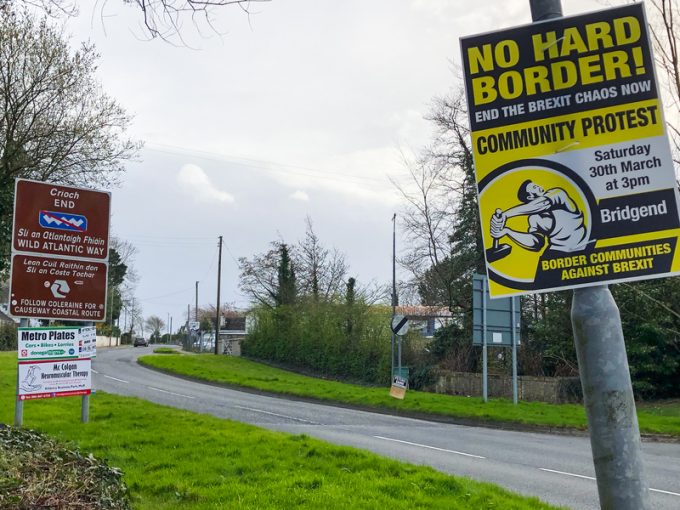Logistics cheers as third runway for Heathrow gets green light at last
Supply chain leaders in the UK have given their backing after the government threw its ...

Supply chain insiders have demanded EU and UK negotiators resolve the tensions surrounding the Northern Ireland Protocol.
Concerns have been growing over a “stalemate” between EU and UK negotiators around the implementation of the protocol, with sources within the EU saying it was growing increasingly impatient with the process.
The arrival of US president Joe Biden in the UK yesterday increased the tension after reports that he would tell UK PM Boris Johnson not to allow the talks to threaten the Good Friday ...
Asia-USEC shippers to lose 42% capacity in a surge of blanked sailings
USTR fees will lead to 'complete destabilisation' of container shipping alliances
New USTR port fees threaten shipping and global supply chains, says Cosco
Outlook for container shipping 'more uncertain now than at the onset of Covid'
Transpac container service closures mount
DHL Express suspends non-de minimis B2C parcels to US consumers
Zim ordered to pay Samsung $3.7m for 'wrongful' D&D charges
Flexport lawsuit an 'undifferentiated mass of gibberish', claims Freightmate

Comment on this article